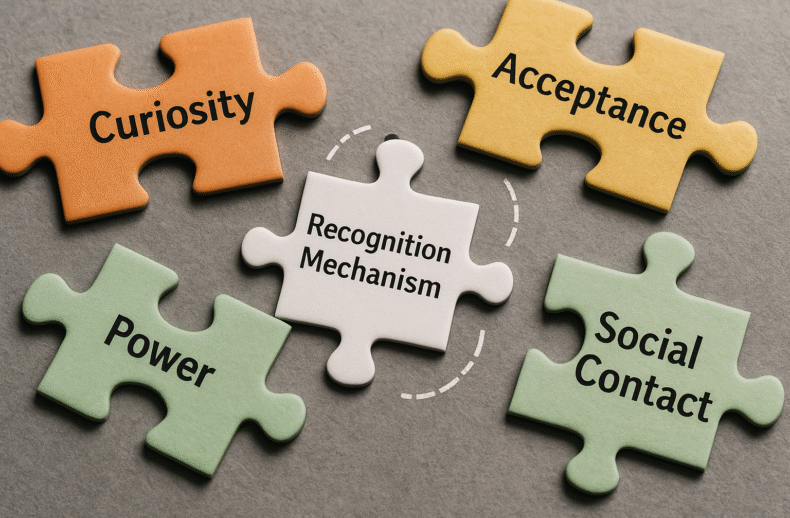Why do so many of us feel invisible or left out, especially in a world where everyone else seems to belong? This post uncovers the hidden root of that nagging sense of exclusion—not just missed experiences, but the universal hunger for recognition. Through the lens of Eidoism, discover how to break the loop of social comparison and finally find fulfillment from within, free from the tyranny of digital anxiety and the endless chase for validation.












